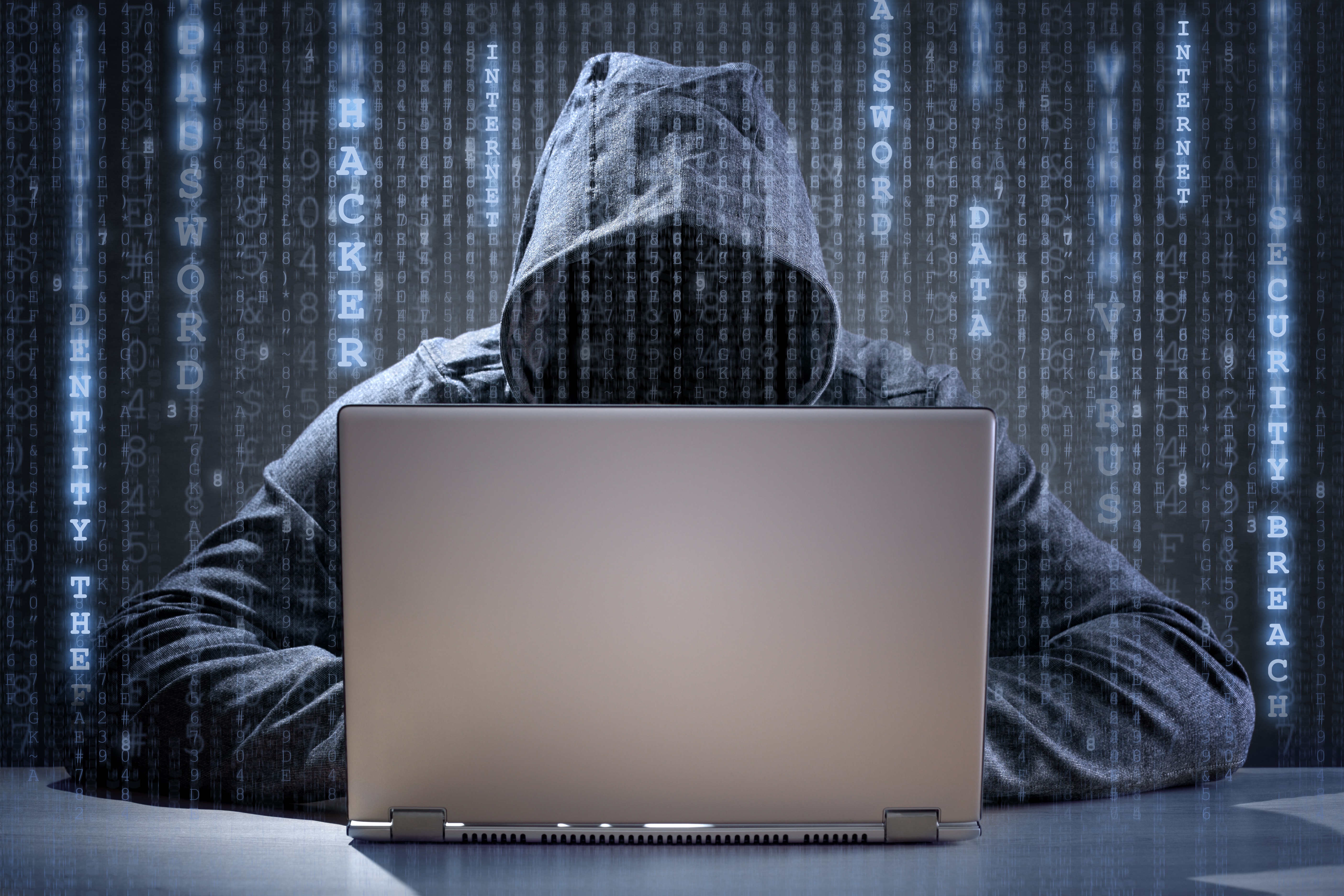
I’m not here to talk about the value of an investment in Bitcoin. No one knows what the future will hold, and the value of Bitcoin can fall just as easily as it can rise. I’m here to talk about the physical safety of your digital currency. A common misconception about Bitcoin is that it is safer than fiat currency. This notion is misguided, and your investment in Bitcoin may be more vulnerable than you think.
The biggest mistake Bitcoin investors make is keeping their Bitcoin on a cryptocurrency exchange. These exchanges allow investors to buy and sell Bitcoin with fiat and cryptocurrencies. Some of the more notable exchanges for Canadians include Coinbase and QuadrigaCX. If you keep your investments as a balance on the exchange itself, it is vulnerable to outside hacks. Likewise, the exchanges are not responsible for any losses resulting from the compromise of your personal account information. The most notable hacks include those of Mt. Gox and Coincheck, which lost a combined $1 billion in cryptocurrency to hackers. After the attacks, Mt. Gox declared bankruptcy, and investors have yet to recoup their losses. This was back in in 2014.
There exists very little protection for investors, and there is little to no regulation oversight. There is no organization, such as the Canadian Deposit Insurance Corporation (CIDC) or Canadian Investor Protection Fund (CPIF), that protects your Bitcoin investment. When selecting an exchange, it is important to understand if it has insurance and, more importantly, if your investments protected and to what extent.
Due to the vulnerability of exchanges, the best practice is to transfer your money to a crypto wallet. Think of the wallet as your bank. There are many types of wallets, each with their own benefits and flaws. Mobile and digital wallets are popular due to their ease of use. However, digital wallets are susceptible to the same vulnerabilities as exchanges, while mobile wallets have added risks. The crypto craze has led to a flurry of new wallets being launched, and fraudulent mobile wallets are a real a concern. The best and most secure type is a hardware wallet, in which information is stored on an external device such as a USB key. However, they are not without risk. If you misplace your wallet, have it stolen, or if it’s physically compromised for other reasons, your investments are lost forever.
Canadian banks such as Royal Bank of Canada (TSX:RY)(NYSE:RY) have begun investing in the uses of blockchain technology. RBC is testing a new system that will improve payments between Canada and the United States. It is expected that the technology will improve the speed of payments, reduce complexity, and lower costs of transactions. Unfortunately, none of the major banks have publicly addressed the issue with securing investors’ cryptocurrencies.
Luckily, VersaBank (TSX:VB) has identified the need and is building a virtual safety deposit box called the VersaVault. VersaBank is Canada’s first fully digital Schedule 1 chartered bank. It has $1.7 billion in assets and has grown core cash earnings by 50% on average over the past four years. VersaVault is the world’s first blockchain safety deposit box and is expected to secure not only cryptocurrencies, but many other digital assets. Think media, virtual and intellectual property, art, data, etc. The applications are significant in scope.
The company is banking on the safety appeal of a Canadian Schedule 1 chartered bank offering a digital vault. Banks are considered the safest place for your physical assets, so why not your digital assets? Wallets and digital storage companies are housed all over the world with little transparency. You don’t know who is behind them or where they are located. The VersaVault is expected to launch in June, and although details are scarce, this digital safety deposit box can be a game changer in the industry.
Is your Bitcoin safe? If not, it’s time to ensure you take the necessary steps to protect your investment.







